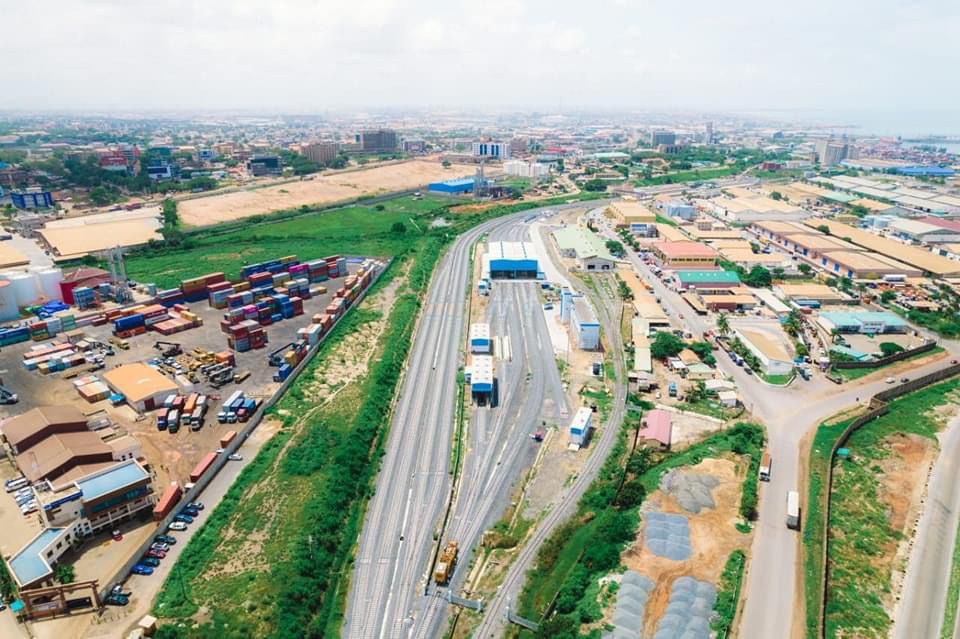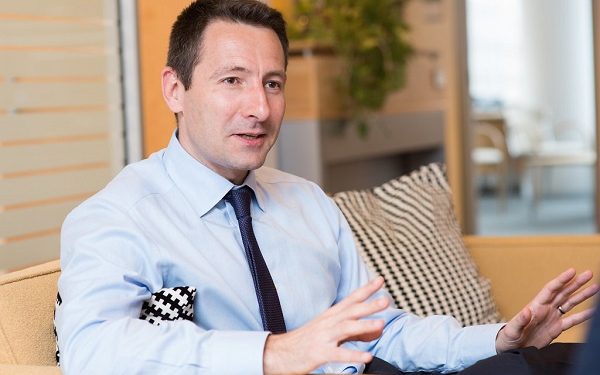
SEND Ghana: Setting the standard for Ghana’s COVID-19 social accountability

With funding support from the Partnership for Transparency Fund (PTF), SEND Ghana through a survey “monitored the compliance for Ghana’s NDVP and citizens’ COVID-19 vaccination experience, with the view to promote equity, transparency and accountability of the COVID-19 NDVP and to inform future vaccination service delivery.” The study surveyed more than 1,000 citizens, health workers and teachers in 25 vaccination centres across eight districts in urban and peri-urban areas equally chosen from Accra and Kumasi, which were characterized by high incidents of COVID-19.
Logistics are required for the successful implementation of any mass inoculation drive and the survey discovered that the distribution of CCEs was “somewhat fair.” The available refrigerator models were considered “quite adequate” and their distribution across health centres in the districts “equitable.”
Gaps with other models, cold boxes and vaccine carriers drew calls for “the Ministry of Health and the Ghana Health Service to adopt steps to increase the availability of vaccine logistics across districts within the country.” This comes to suggest that government needs to adopt necessary measures to ensure the supply of required capacity and the number of CCE and related accessories in districts with gaps.
On account of the above, SEND recommended that the Ghana Health Service organize NDVP refresher training for its employees
Furthermore, building on the concern of respondents for the well-being of their close associates, it was recommended that the COVID-19 vaccination communication messages “should focus on the protection of family members and friends from the disease and possible deaths and less on mandates restricting access to services and employment reasons.” Ultimately, the GHS was urged to commend its staff for exhibiting top-rate professionalism during the vaccination exercise.
Already, two subvariants of the omicron’s BA.5 strand – BQ.1 and BQ.1.1 – which emerged recently have both been described as “dangerous” and “qualities or characteristics that could evade some of the existing interventions,” according to a top US health official, as reported by its media.
With the possible socioeconomic disruptions that a resurgence of COVID-19 or a similar pandemic would pose, the guidance provided in SEND GHANA and PTF’s survey must be implemented as a matter of urgency.






